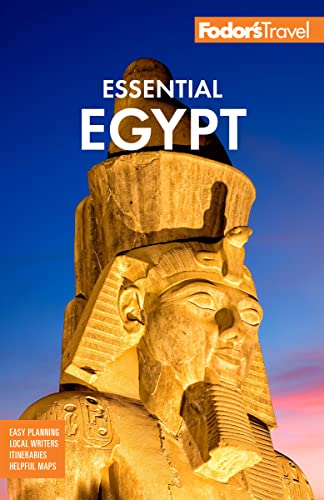Wadi Natrun Monastic Life
Copts may elect to join a monastery after they have fulfilled some surprisingly unspiritual requirements. They need to be at least 25 years old, and they have to have finished university and national military service and held a job, because professional skills are needed to run the monastery. The primary criterion for entry, of course, is devotion to God, and monks must take vows of poverty and obedience.
The monastic day begins at 4 am, when the monks gather in the church to pray and chant. At 6 am the liturgy is recited, although monks may elect to pray privately. Then the workday begins: on the farm, in construction, guiding tourists, and so forth, until 4 pm (in winter) or 8 pm (in summer), with a break at 1 pm to eat in the refectory. A half hour of prayer follows, and the monks are free to pray on their own until morning.
Fasting is an integral part of Coptic devotion, and it fills roughly two-thirds of the year. The comparison with Muslim fasting during Ramadan is interesting: Muslims do not eat, drink, smoke, or have sex during daylight hours, but Copts give up all animal products day and night for the duration of their fast. During fasts they eat nothing until early afternoon, when they eat a vegetarian meal. The fasting periods are usually broken with major holidays, such as Christmas or Easter.
Although Coptic monks may have retreated to the monasteries to forsake the world, they are very accustomed to having the world come to them. They run arguably the smoothest tour-guide systems in Egypt, with a knowledgeable abuna (father) to walk you through the compound and tell you genuinely useful information about what you are seeing—even if their claims about the age of the buildings or the achievements of the Coptic community at times sound a bit grandiose. They do not charge admission, and the baksheesh customary elsewhere in Egypt is inappropriate here. The monasteries do welcome donations, for which there is usually a box near the reception areas.
Dress modestly—no shorts, and the less skin showing, the better—but you needn't expect any fanaticism on the part of the monks. Copts can seem remarkably casual in their devotion: pilgrims sleep on the floors of the church, and children run and play in the middle of Sunday mass (the same is true in mosques, except at prayer time). Of course, you would do well not to take similar license. Be sure to remove your shoes before entering any of the churches.




